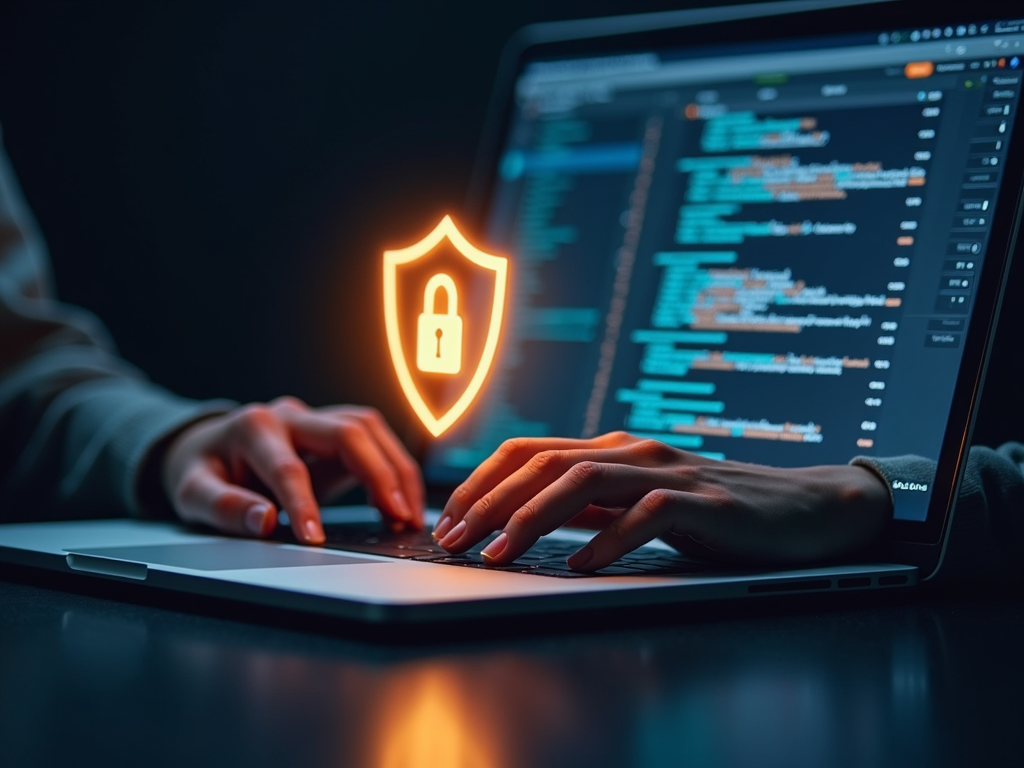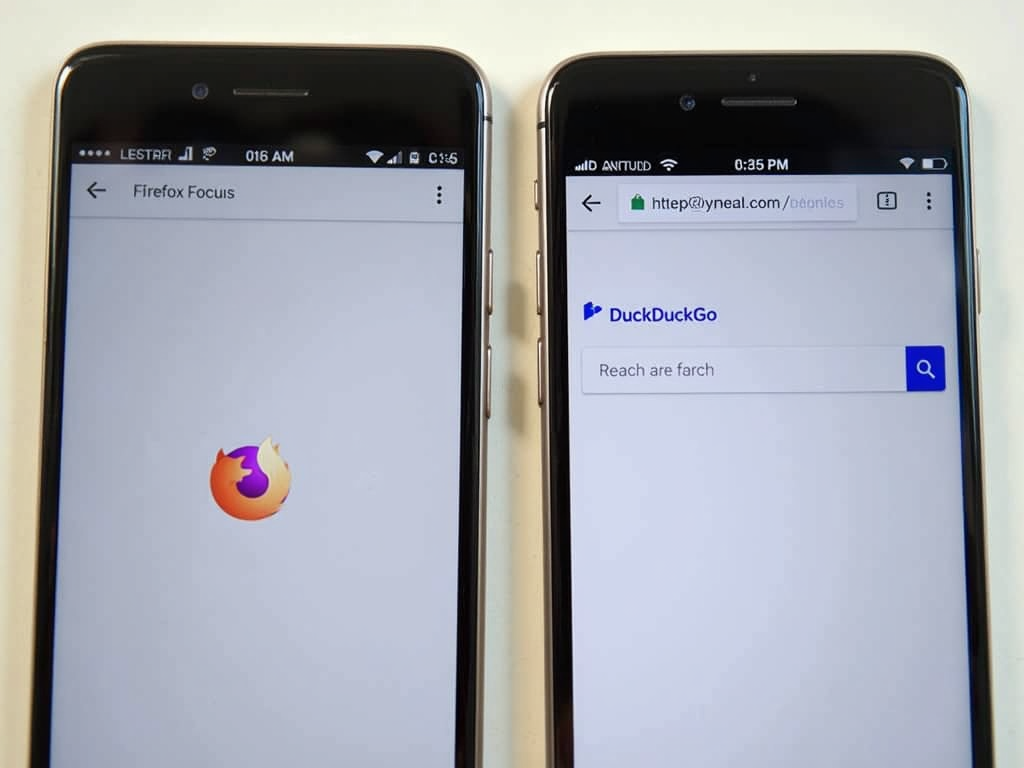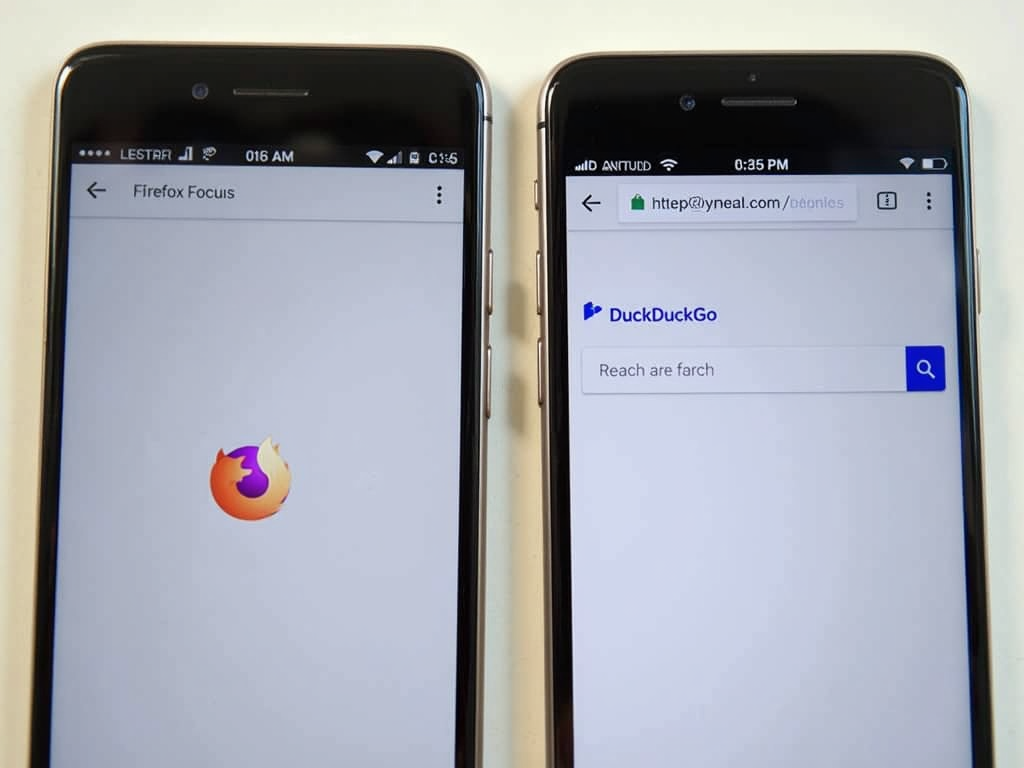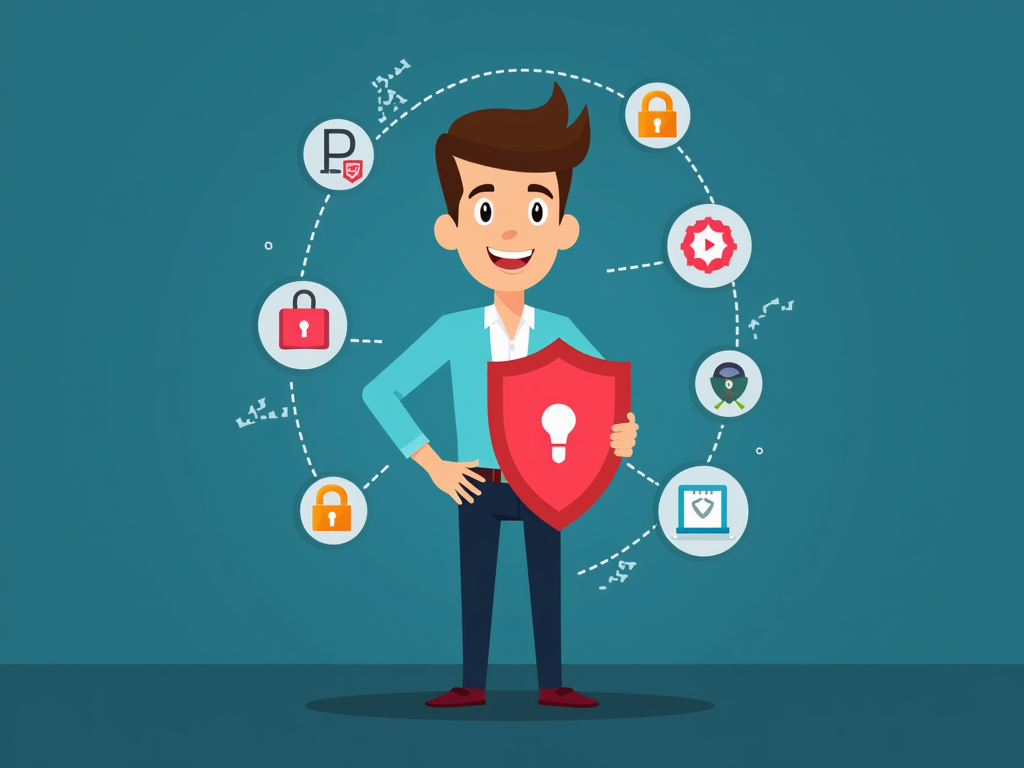The Importance of Online Privacy: Protecting Your Digital Footprint
In today’s digital world, online privacy is more important than ever. Your personal data—think browsing habits, social media posts, or bank details—is constantly at risk. This article dives into The Importance of Online Privacy, compares privacy-focused browsers, and shares practical steps to protect your digital life.
What Does Online Privacy Mean?
Online privacy is all about keeping your personal information safe on the internet. It’s your name, address, photos, or even what you search for. When you protect your online privacy, you decide who sees your data and what they can do with it. I’ve learned this the hard way—once, a shady website spammed me after I clicked a random link. That’s when I realized how exposed we are online.

Why is Online Privacy Important?
Online privacy isn’t just a buzzword—it’s a shield for your life. Here’s why it matters:
- Stops Identity Theft: Crooks can grab your info and pretend to be you, draining your bank account.
- Guards Your Reputation: What you post online can affect your job or relationships. Privacy keeps it under wraps.
- Cuts Annoying Ads: Ever notice ads following you around? That’s tracking at work. Privacy tools stop it.
- Protects Sensitive Stuff: Think medical records or private messages—nobody should snoop on those.
- Keeps You Free: Privacy lets you speak your mind without worrying about who’s watching.
A study from Pew Research Center shows 79% of Americans worry about how companies use their data. That’s a wake-up call!

What Puts Your Online Privacy at Risk?
Threats are everywhere online. Here are the big ones:
- Data Breaches: Hackers break into websites and steal your info. Remember the Equifax breach? Millions were hit.
- Phishing Scams: Fake emails trick you into sharing passwords or bank details.
- Malware: Sneaky software tracks you or steals data from your device.
- Social Tricks: Someone pretends to be a friend to get your secrets.
- Government Watching: Some countries monitor what you do online, like it or not.
I once got a phishing email that looked so real I almost clicked it. Scary stuff!

Online Privacy Tools: Your First Line of Defense
Good news—there are online privacy tools to fight back. Think of them as locks for your digital doors. Browsers, apps, and extensions can block trackers, encrypt data, and keep your info safe. I started using these after that spam incident, and it’s made a huge difference.

Firefox Focus vs DuckDuckGo: Which Mobile Browser is More Private?
Let’s zoom in on two popular options: Firefox Focus and DuckDuckGo. Both promise privacy, but which wins? Here’s a breakdown:
| Feature | Firefox Focus | DuckDuckGo |
|---|---|---|
| Tracking Protection | Blocks trackers automatically | Blocks trackers + forces HTTPS |
| Ad Blocking | Built-in ad blocker | Built-in ad blocker |
| Search Engine | Google (changeable) | DuckDuckGo’s private search |
| Data Deletion | Wipes data when you close | ‘Fire’ button clears instantly |
| Look and Feel | Super simple | More like a regular browser |
I’ve tried both. Firefox Focus feels like a quick, clean slate—perfect for private browsing on the go. DuckDuckGo, though, gives me a familiar vibe with its search engine baked in. A Mozilla blog post praises Focus for its simplicity, while DuckDuckGo’s privacy research highlights its tracker-blocking power. Your pick depends on what you value—speed or versatility.

How to Boost Your Online Privacy
Ready to take charge? Here are tips that work—I use them myself:
- Strong Passwords: Mix letters, numbers, and symbols. Use a password manager to keep track.
- Two-Factor Authentication: Add a code from your phone to logins.
- Watch Social Media: Share less, tweak privacy settings.
- Pick Private Browsers: Try Firefox Focus or DuckDuckGo for safer surfing.
- Add Extensions: Tools like uBlock Origin stop trackers cold.
- Update Everything: New software fixes weak spots.
- Secure Public Wi-Fi: A VPN hides your data on coffee shop networks.
- Check Apps: Only give permissions you’re okay with.
- Stay Sharp: Learn about new threats—knowledge is power.
The Electronic Frontier Foundation swears by VPNs and updates. I started using a VPN last year, and it’s like having an invisibility cloak online!

Real-Life Lessons
I’ll be honest—privacy hit home when I saw ads for something I’d only mentioned in a private chat. It freaked me out. Now, I use online privacy tools daily. They’re not perfect, but they give me peace of mind. You don’t have to be a tech genius to protect yourself—just consistent.

Wrapping Up
Online privacy isn’t optional—it’s a must. The Importance of Online Privacy can’t be overstated when your identity, freedom, and peace are on the line. Tools like Firefox Focus and DuckDuckGo, plus smart habits, let you fight back. Stay curious, stay safe, and own your digital space.
